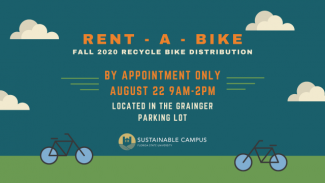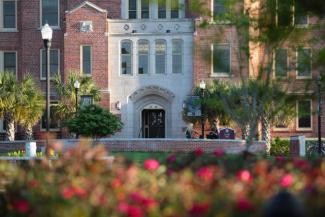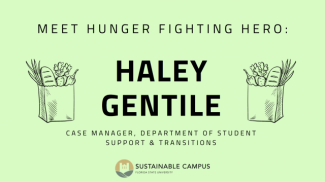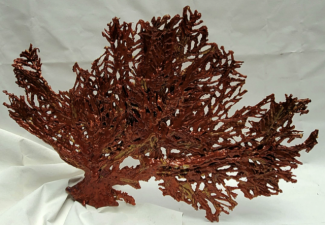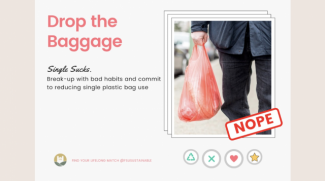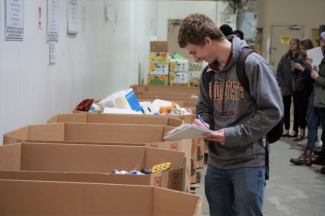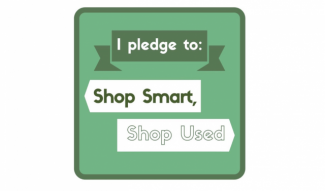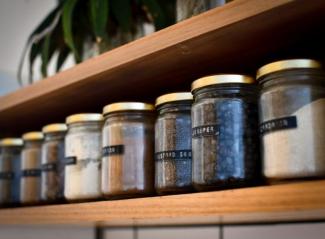Cycling is a great way to get to and around FSU’s campus. In addition to getting some exercise and fresh air, a huge advantage of biking is avoiding crowded parking garages and being able to lock your bike up right outside of most classroom buildings. Sustainable Campus’ reCycle Bike rental program is a convenient and cost-effective option for students to reap the benefits of biking at FSU without the commitment of bike ownership.

